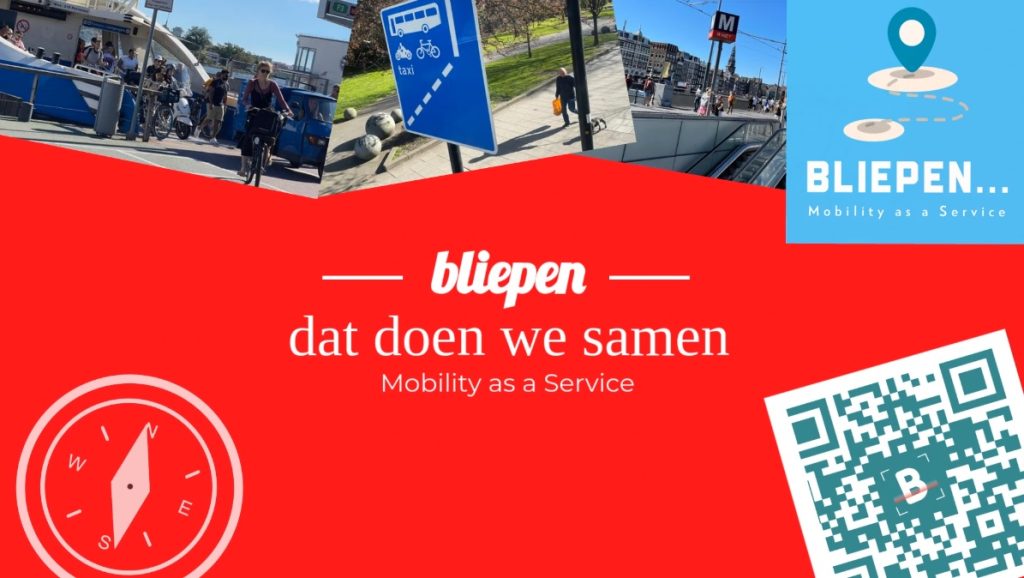The number of electric cars on the road is growing rapidly. This is apparent from the figures of BOVAG, RAI Association and data center RDC. As of September 1, more than 300.000 electric passenger cars (EVs) were registered in the Netherlands for the first time. Compared to more than 2,5 years ago, the number of EVs has almost tripled. On January 1, 2020, there were less than 108.000.
On September 1, 2022, the Dutch vehicle fleet numbered nearly 9,2 million passenger cars, 79 percent of which had a petrol engine, or 7,2 million units. Earlier this year, the number of diesels dropped below 1 million for the first time since the beginning of this century; on September 1, there were just under 950.000 and over 10 percent share. The total number of electric passenger cars was 303.348 at the beginning of this month, compared to less than 1 on January 2020, 108.000. In addition, there are now almost 600.000 cars with a so-called hybrid drive - with or without a plug - and that is almost twice as many as more than 2,5 years ago.
More and more brands and models
More and more new brands and electric models are entering the European market. This can also be seen in the composition of the vehicle fleet and the result of large-scale investments in zero-emission passenger cars. This development is permanent, so that the range of models continues to grow. That is good news for the driver.
Currently, about 20 percent of all electric cars in the Netherlands are Tesla. 61.635 copies on September 1. One in eight (12,5 percent) is a Volkswagen, just over 9 percent is a Hyundai and just under 8 percent is Kia. Audi completes the top five with almost 6 percent market share. The Tesla Model 3 is the most popular with a share of 14 percent of all EVs, followed by the Kia Niro with more than 6 percent and the Hyundai Kona with 5,5 percent. The Volkswagen ID.3 accounts for 5,3 percent of the market share and 4,3 percent is a Renault Zoe.
Targeted EV policy needed after 2025
The growth in the number of electric cars in the Netherlands in recent years has been largely due to the incentive policy. These benefits are being phased out every year and after 2025 there is currently no policy for EVs at all. As a result, the growth of EVs is leveling off according to expectations. At the same time, the government has the ambition that 2030 percent of new sales will be electric by 100. In order to keep an eye on the climate targets for the mobility sector and to work on a healthy second-hand supply of EVs for the Dutch, a targeted EV policy will also be needed after 2025 for both the business and private market. A decision on this is expected in the spring of 2023. Together with the ANWB, Stichting Natuur & Milieu and VNA, BOVAG and the RAI Association have drawn up a car tax plan that brings the climate goals within reach, both feasible and affordable. This can be found at futureautobelastingen.nlBOVAG said.



